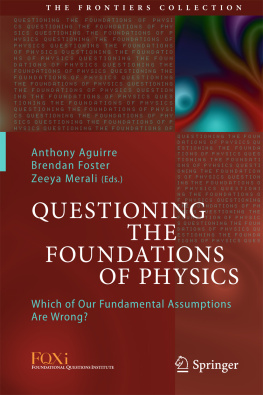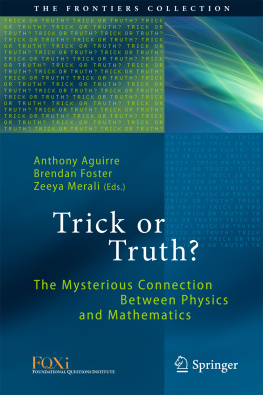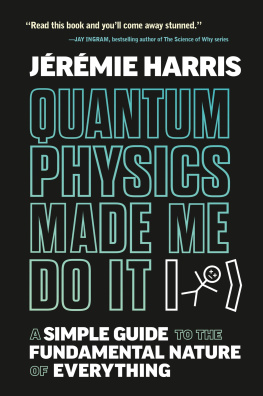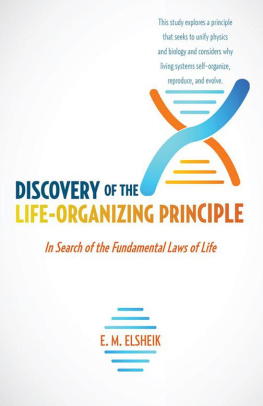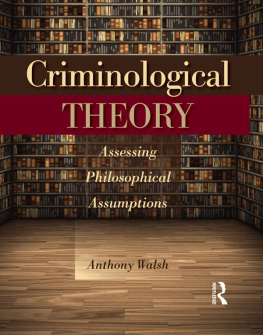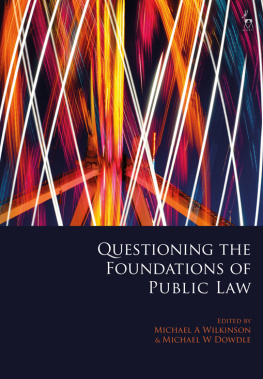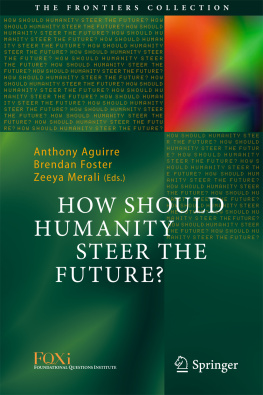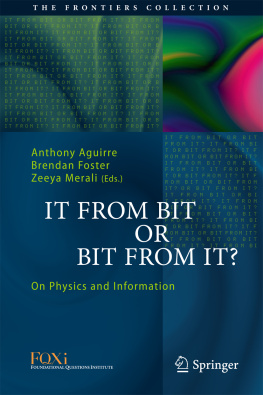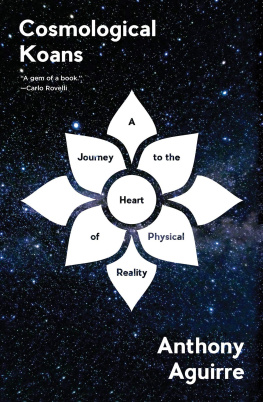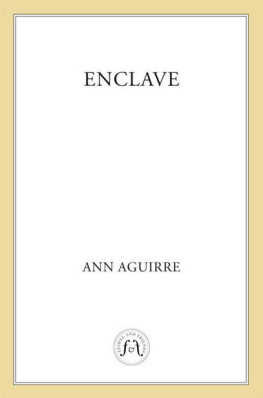1. Introduction
Our conceptions of Physical Reality can never be definitive; we must always be ready to alter them, to alter, that is, the axiomatic basis of physics, in order to take account of the facts of perception with the greatest possible logical completeness. (Einstein, A: Maxwells influence on the evolution of the idea of physical reality. In: Thomson, J. J., ed.: James Clerk Maxwell: a commemoration volume, pp. 6673. Cambridge University Press (1931).)
Albert Einstein (1931)
Scientific development depends in part on a process of non-incremental or revolutionary change. Some revolutions are large, like those associated with the names of Copernicus, Newton, or Darwin, but most are much smaller, like the discovery of oxygen or the planet Uranus. The usual prelude to changes of this sort is, I believe, the awareness of anomaly, of an occurrence or set of occurrences that does not fit existing ways of ordering phenomena. The changes that result therefore require putting on a different kind of thinking-cap, one that renders the anomalous lawlike but that, in the process, also transforms the order exhibited by some other phenomena, previously unproblematic. (Kuhn, T.S.: The Essential Tension (1977).)
Thomas S. Kuhn (1977)
Over the course of history, we can identify a number of instances where thinkers have sacrificed some of their most cherished assumptions, ultimately leading to scientific revolutions. We once believed that the Earth was the centre of the universe; now, we know that we live in a cosmos littered with solar systems and extra-solar planets. Cosmologists today are even questioning whether our universe is itself unique or one of many parallel cosmoses.
Such paradigm shifts can be forced by experiment, an internal inconsistency in accepted physics, or simply a particular philosophical intuition. Based, in part, on the theoretical insight that the speed of light in a vacuum should be a constant, in the early twentieth century, Einstein developed his special theory of relativity, which threw out the common-sense belief that time and space are absolute. With his general theory of relativity, Einstein went on to claim that space and time are stitched together creating a four-dimensional fabric pervading the universe and that gravity manifests as this fabric warps and bends around massive cosmic objects. Around the same time, at the other extremity of scale, physicists realised that in order to explain perplexing experimental results they must formulate a new set of rules for the behaviour of subatomic entitiesquantum physicsthat muddies the boundaries between what we define to be particles and what we traditionally think of as waves. Inherently probabilistic, quantum theory also forces us to relinquish some of our deepest-held intuitions and to accept that, at its core, reality may be indeterministic.
But those revolutions in our understanding raised as many questions as they answered. Almost a century on, the time appears ripe for reassessing our current assumptions. Relativity and quantum theory together form the cornerstones of modern physics but they have brought us to an impasse. Both theories have been corroborated by experiments; yet physicists have failed to bring the two descriptions together into one overarching framework of quantum gravity, suggesting that one or other, or even both, must be modified.
Astronomical observations also mock our understanding of the contents of the universe. By monitoring galaxies, astronomers have surmised that most of the mass of the universe resides in some unknown form, dubbed dark matter, that is detectable only through its gravitational pull on visible matter. Furthermore, at the end of the twentieth century, cosmologists were blind-sided by the discovery that the universe is expanding at an accelerated rate, without any clear cause. This propulsive push is now attributed to dark energy, but the origin and nature of this entity remains a mystery.
The worlds biggest experiment at the Large Hadron Collider, at the CERN laboratory, has recently helped to verify the standard model of particle physics with unprecedented precision. Yet, this success has left physics with many unanswered questions. The standard model cannot explain the nature of dark matter, or why certain known particles have their observed masses and properties. In fact, if the standard model is correct, it is difficult to understand how we even came to exist, since it predicts that equal amounts of matter and antimatter should have been produced during the big bang, and that this matter and antimatter should subsequently have annihilated leaving nothing behind to form stars, galaxies, or people.
It seems clear that we are lacking some fundamental insight. In order to understand the origin of the universe, its contents and its workingsand our own existenceit is likely that we will once again need to give up one or more of the notions that lie at the base of our physical theories and which we currently hold sacred.
So which of our current underlying preconceptionstacit or explicitneed rethinking? That is the question that we posed in the 2012 FQXi contest: Questioning the Foundations: Which of Our Basic Physical Assumptions Are Wrong? This was one of our broadest and most ambitious essay topics and it drew over 270 entries from Africa, Asia, Australasia, Europe, and North and South America. It also generated record levels of discussion on our online forums. This volume brings together the top 18 prize-winning entries.
Our first prize winner, Robert Spekkens, questions the distinction between a theorys kinematicsthat is, the specification of the space of physical states it allowsand its dynamicswhich encompasses the description of how these states may evolve. Though this conceptual separation has traditionally been central to the way that physicists build theories, whether classical or quantum, in Chap. , Spekkens argues that it is a convention that should be abandoned. In its stead, he champions underpinning new theories with a causal structure that explicitly relates variables in terms of how they have been influenced by, or could in turn affect, other variables.
Chapters also deal with causation. George Ellis scrutinizes the implicit assumption that causation flows from the bottom upthat is, from micro to macro scalesinstead positing that complexity in biology, and even the arrow of time, emerge from a top-down causal flow from macroscopic scales downwards. Benjamin Dribus meanwhile rejects the traditional spacetime manifold invoked by relativity in favour of a new central principle based on considering causal order.
The tenets upon which relativity are built are examined in more detail in Chaps.. In particular, Israel Perez questions Einsteins assumption that there are no preferred reference frames in the universe. In their essay, Sean Gryb and Flavio Mercati propose unstitching time from space in Einsteins fabric and argue that the fundamental description of reality must be based on shape.
Daryl Janzen also tackles physicists accepted conceptions of time. In Chap. also deals with current mysteries in cosmology. Olaf Dreyer derives observable consequences that relate to both dark energy and dark matter by reformulating these problems in a framework in which particles are described as emergent excitations of the background, rather than as existing on a background.

